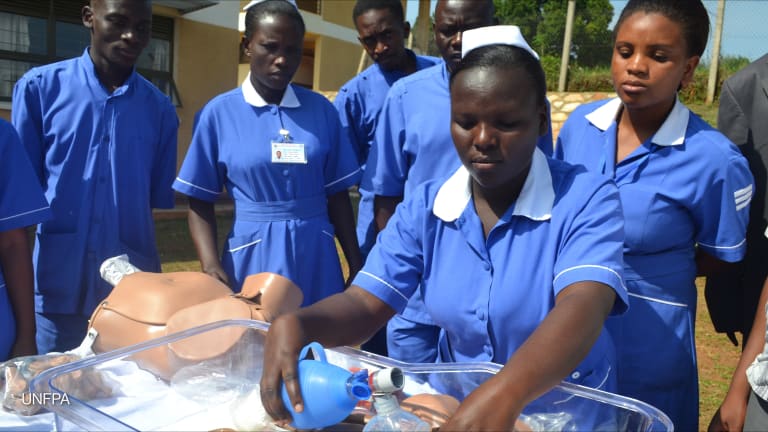Recently, three countries with 40 percent of all newborn deaths and the world’s highest potential to save women and newborns — India, Nigeria and Ethiopia — committed to doing something brave, audacious and humbling. Thanks to a combination of strong evidence of what works, an enabling policy environment and an actionable framework, they committed to end preventable maternal newborn deaths and stillbirths by 2035.
Informed by compelling evidence pulled together by “The Lancet” Every Newborn Series, coupled with the World Health Assembly’s adoption of the Every Newborn Action Plan, endorsed by 194 countries, they responded to the call for action. Each country made commitments to action as part of their reproductive, maternal, newborn and child health development agenda and plan. They can make significant progress by increasing coverage of high-impact interventions particularly around the time of birth, serving as early models for how to go to scale, along with other front runners.
In September, India, the world’s largest democracy, took an important step towards preventing the death of women and newborns. The Indian government, along with national stakeholders, launched the Indian Newborn Action Plan focusing attention on maternal and newborn health as a top national health priority. Each year, India could save as many as 840,400 lives of mothers and newborns — more than any other country in the world — changing from business-as-usual to engaging key actors in a national movement for maternal and newborn survival.








